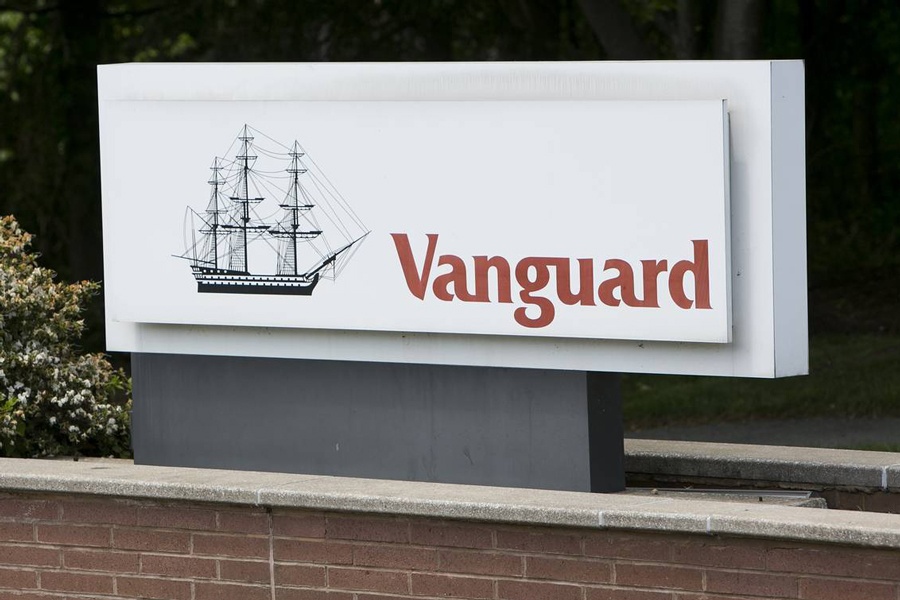

Vanguard announced several changes to its taxable money market fund lineup Thursday, chief of which is the reorganization of its Prime Money Market Fund into a government money market fund and its renaming as the Cash Reserves Federal Money Market Fund.
Vanguard said in a release that “it's better to seek to provide clients with a higher yield through lower expenses on a secure government portfolio than incurring risk in the prime market.” The change will take place in late September.
Effective immediately, Vanguard also will lower costs for more than one million Prime fund shareholders by dropping the investment minimum of the fund’s Admiral Shares to $3,000 from $5 million, which for those investors will reduce the fund’s expense ratio to 0.10% from 0.16%. The change is expected to save investors an estimated $64 million in aggregate, Vanguard said.
Vanguard also reopened its $38.9 billion Treasury Money Market Fund, which it had closed in April to protect existing shareholders following a spike in demand for government money market funds during the first quarter. Vanguard said it sought to preserve the fund's yield by preventing excessive purchases of low-yielding government securities over a short time period, and that it expects that new cash flow will no longer have the same dilutive effect.

Summit Financial unveiled a suite of eight new tools, including AI lead gen and digital marketing software, while MassMutual forges a new partnership with Orion.

A new analysis shows the number of actions plummeting over a six-month period, potentially due to changing priorities and staffing reductions at the agency.

The strategic merger of equals with the $27 billion RIA firm in Los Angeles marks what could be the largest unification of the summer 2025 M&A season.

Report highlights lack of options for those faced with emergency expenses.

However, Raymond James has had success recruiting Commonwealth advisors.
Orion's Tom Wilson on delivering coordinated, high-touch service in a world where returns alone no longer set you apart.
Barely a decade old, registered index-linked annuities have quickly surged in popularity, thanks to their unique blend of protection and growth potential—an appealing option for investors looking to chart a steadier course through today's choppy market waters, says Myles Lambert, Brighthouse Financial.
